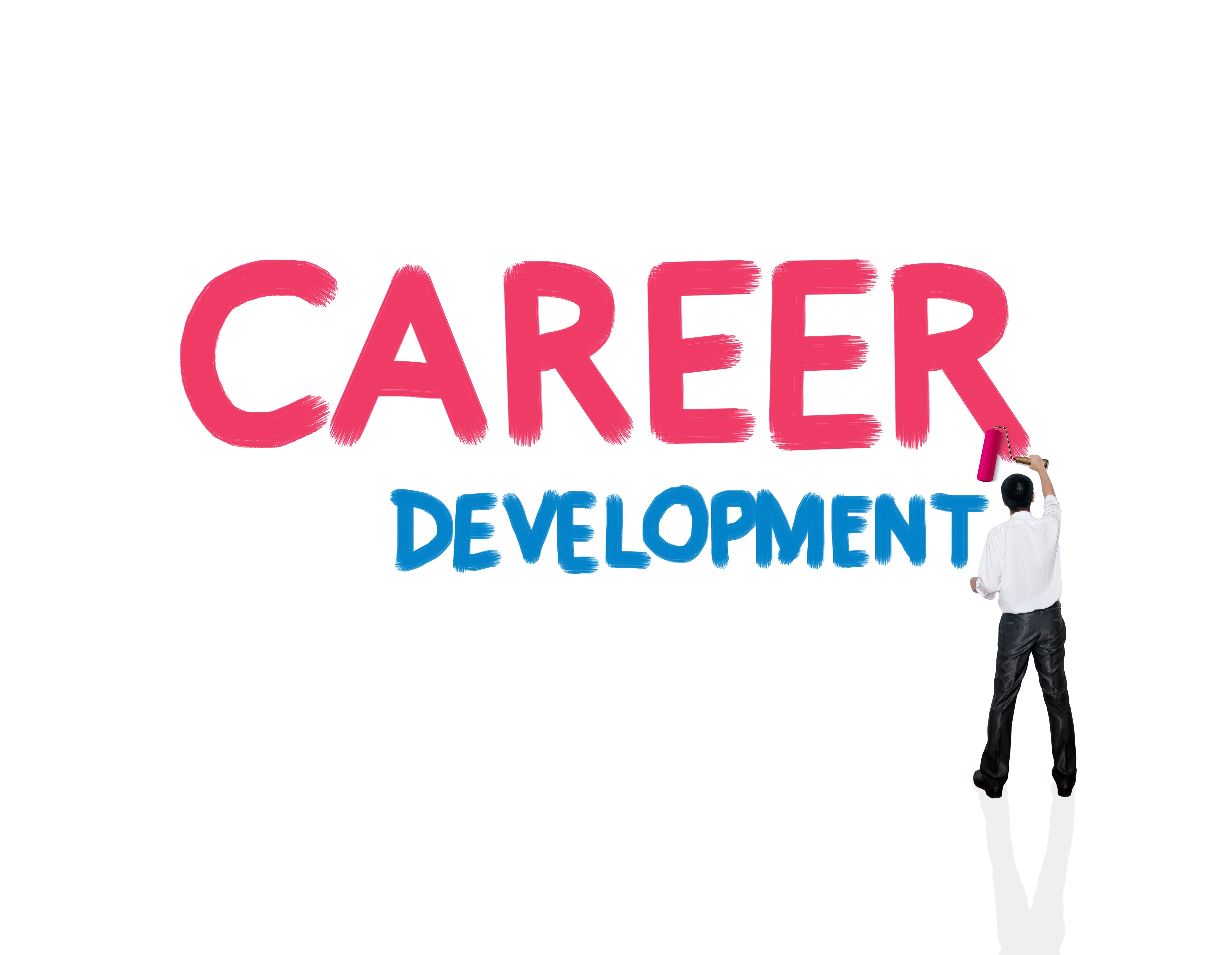A transition is not embraced instantly, it’s a process of making your belief system stronger.
When I deal with my clients through a transition, as a coach I have deep interest towards neuroscience techniques and the changes it brings to the brain and body connection every time we undergo a change or transition.
I can clearly see, we as humans have a lot of resistance to change and even with a known fact ‘The only thing that is constant is change’.
One of the best descriptions of change is ‘it is the process of replacing something with something better’. The important fact that we can note here is, change is better when it is replaced with something newer or better that what you already have.
Career transition is also skimmed in the same thought process. A change in career has to be something that answers the ‘WHY and WHAT of your goal. If you have a strong resonance to the WHY factor then all your fear of what to expect subsides.
As a career and transition coach, I believe the right questions help us to think better.
So, what are the key questions that you should deliberate to sail through a career transition:
1. Why is this change important to me? Most of the time we don’t have a clear answer to this question. We are in a transition maybe because the whole world is moving and suddenly you feel that there is no growth in your career. A propitious reason on why this change is important should be deeper than you regular thoughts of just a job change. Sometimes being cynical to our thoughts helps us to make better judgements and gives you the courage to move on.
2. What is it, that is non-negotiable with this change? Your belief and your values define you. No matter what may be the transition in a career or in life, there are a few values that stay with you. For example, if the career transition demands you to let go of your health and sanity, is the transition worth the change?
3. What is your worst fear with this transition? As humans we all tend to go through the ‘Fright or Flight’ syndrome. To deal with the unexpected is a battle in the dark. If you fear that a career transition may be a bad decision then it means that you have not ascertained your WHY factor deeply. Psychological experts say that even if you are slightly aware of what can go wrong when the decision is not favourable, the brain can reverse the effect and start progressing as a growth mindset.
4. What is your support system? Do you have one? A smooth career transition needs to brace for changes. Our emotional and moral support from family, friends and co-workers goes a long way to reach the desired career goal. This situation can be seen more prominently in case where a person returns to the work place after a sabbatical. A good reinforcement from people around us makes us the best at what we are. Some call it ‘Motivation’.
5. What’s the best thing that will happen to you, with this transition? Vision is everything. As a coach I believe that you have to start seeing yourself in the place you want to be. You start feeling congenial in the transition. The career you dreamed of will come to reality with grit. It’s great to speak about your transition and be completely responsible for all that happens with it but the real joy of evolution happens when you own your decision making.
6. How and when will you celebrate success of this transition? Your definition of ‘success’ may be completely different from mine. With any transition there is an end goal.
If your journey has no route map then career transition may seem more of ride than an ambition. Timely rewards and quick wins on a career transition eases the burden and makes it more exciting.

